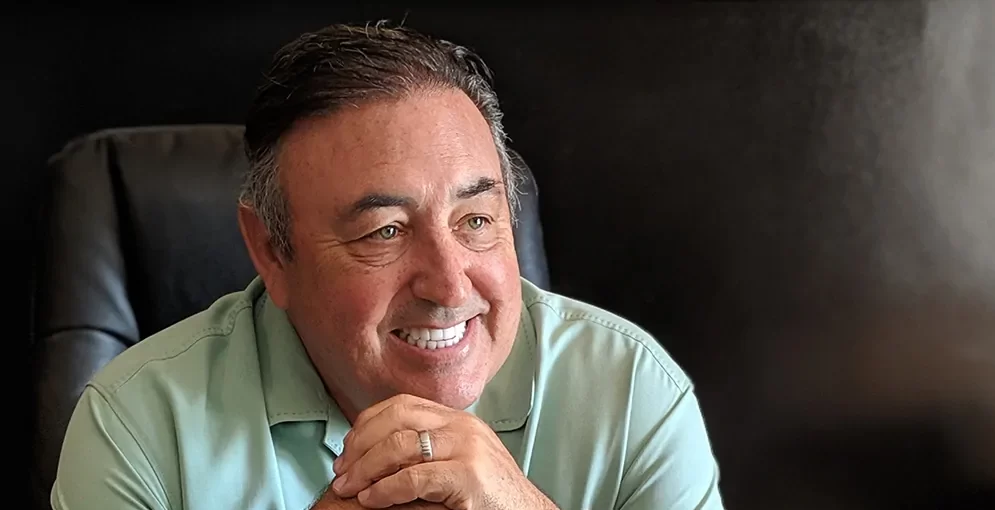By ANDREW MATHIESON
ROCK managers are a part of the household furniture much like the front men of most bands.
But unlike the adulated figure standing behind the mic, the manager appears as an anonymous face in the darkness of the stage – to all but the most staunch and unbridled fans.
Colonel Parker for Elvis and Brian Epstein for The Beatles were two exceptions – their managerial talents were celebrated.
Doc McGhee should be another.
A manager who’s represented iconic acts like KISS, Motley Crue, Skid Row, Bon Jovi and even Guns N’ Roses, McGhee comes to mind without stirring up images of a musical mastermind.
But the 71-year-old has been to his clients more than just a manager concerned only with booking dates, radio airplay and counting cash.
McGhee’s job title really should be more mentor who has inspired his bands to reach beyond their aspirations and even their limits.
The creation of the Moscow Music Peace Festival was one of his ideas that
opened rock music to the once closed Soviet society behind the often-feared iron curtain and played its part in the fall of communism across the Eastern bloc.
“My job is to find tipping points – things that move people’s career and move things around the world,” McGhee recently told Talking Metal podcast.
“Not to see if I can get them on radio.
“The thing I have to do is change people’s lives forever in certain instances.
“Not every day, but as many times as I can, and this was a very big tipping point.”
The Chicago native’s emergence in the music industry was never predestined.
Associated with the Kiss Army for the past 27 years, he had earlier served in the US Army, stationed in West Berlin at the height of tensions between the West and East.
There was even a point when the man whose net worth in 2022 is estimated to be around $US45 million had an unglamourous job once in a sweaty diner.
While his interest in music was always evident, McGhee has played down his abilities and rubbished any possible rock career.
“People always think that you must have been a guitar player, or you were somehow connected, and I was at an early age of 16 or 17, and by 18 I played in a band and had a record deal, but nothing big,” he says.
“We had a singles’ deal at Mercury; back then, that is all you had was singles.
“After the army, I moved to Florida, and I mean I was literally waiting on tables.
“So, I was doing whatever I could just to get onto the treadmill and make a living.”
But fate stepped in when McGhee returned home following a chance meeting of sorts.
Far from the glam rock scene in which McGhee later found many of his emerging bands, the start was on a film set.
“When I went back to Chicago in ’74, where I went after Florida, I was just selling cars and stuff, and my sister introduced me to this guy, Bob Stirling, who was doing the ‘Goodbye, Norma Jean’, the story of Marilyn Monroe,” McGhee says.
“He was a real music guy, and he knew I played music.
“Anyway, we hit it off and he said ‘would you help me with my music stuff’, and I said ‘sure’, and that’s how it all started, really.”
McGhee would first manage Canadian rock guitarist Pat Travers from 1978 until 1981 from his rise in popularity before a year later moving on and signing up Motley Crue.
Skid Row, to this day, remains the longest serving client of McGhee’s since the band’s guitarist, Dave Sabo, used his friendship with Jon Bon Jovi to seek help with musical direction.
McGhee, who had been behind Bon Jovi for four years including Sabo’s brief stint in its first year, would secure Skid Row a record deal with Atlantic Records in 1988.


























